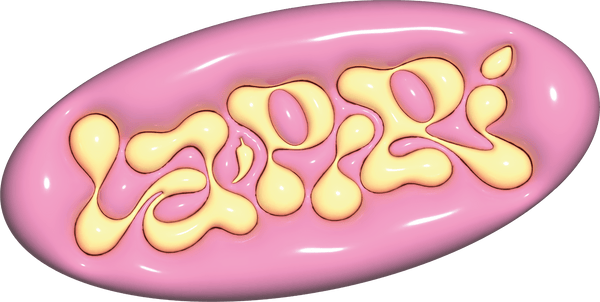
Circe is the daughter of Helios (the Sun) and the Oceanid Perseis, and sister of Aeetes.
Homer, Hesiod, Virgil and Ovid considered her, by birth, as a goddess in her own right, which does not seem to have been the case for the rest of her relatives. Cicero questions her human or divine character.
She appears mainly in Book X of the Odyssey: she lives on the island of Aea, in a palace located in the middle of a clearing, surrounded by wolves and lions, formerly men bewitched by Circe. It is there that she once, if we are to believe the Argonautic stories, took in and purified Jason and Medea (her niece, daughter of Aeetes) after the murder of Absyrtus.
When Odysseus and his companions land on the island, twenty-two of them, led by Eurylochus, are lured to the palace by a harmonious voice. The sorceress welcomes them and offers them a drink made of barley groats, green honey, cheese and wine to which she adds poison. As soon as they have drunk, she recites an incantation that transforms them into pigs. Eurylochus, who has remained outside, runs to warn Odysseus, who sets off in search of Circe. The god Hermes then appears to him in the form of a handsome young man holding a golden reed who gives him the herb "moly" and gives him instructions on how to triumph over Circe.
When he arrives at the sorceress's house, she offers him the same drink, but she fails to transform him. Odysseus draws his sword; frightened, Circe offers to share her bed with him. Here again, Odysseus, following Hermes's recommendations, asks the sorceress to swear by "the great oath of the gods" that she will no longer seek to harm him. This done, Odysseus and Circe unite, then she gives the companions back their human appearance. A year passes. She finally helps the hero and his crew prepare for their departure, advising them to go and consult the soothsayer Tiresias in the Underworld.
From her love affair with Ulysses, she is said to have conceived several children (their number and names vary greatly according to tradition). Circe is also said to have had a good number of children born from liaisons with several Olympians. Thus, in the Dionysiacae, Nonnos of Panopolis attributes to her the maternity of Phaunos, the equivalent of the Latin Faun, born from her love affair with Poseidon.
Legend has it that Circe died at the hands of Telemachus - in fact, considered evil by the gods, she did not receive the gift of immortality.





